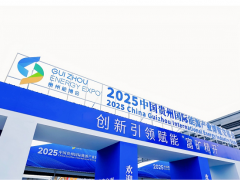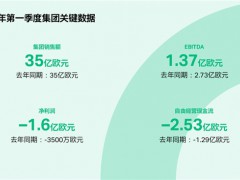據管道&天然氣雜志網8月10日報道,bp一位高管周一表示,該公司已開始在得克薩斯州鉆探一口評估井,用于其在美國的碳捕獲和封存業務。
今年5月,bp表示,其和合作伙伴林德公司計劃沿著得克薩斯州海岸開發一處,以掩埋林德公司在休斯敦外的一個制造廠產生的二氧化碳。
bp所屬的BPX能源頁巖子公司的財務主管Jack Collins在EnerCom會議上表示,公司目前正在利用地下技術和專業知識為我們的美國碳捕獲和儲存業務鉆探一口評估井。他拒絕提供細節。
根據得克薩斯州能源監管機構得州鐵路委員會(Texas Railroad Commission)的一份文件,今年4月,BPX獲得了該州在加爾維斯頓縣(Galveston County)鉆探探井的許可。該許可稱,該井位于Hall's Bayou Ranch的土地上,并不打算開采或生產碳氫化合物。
Hall’s Bayou Ranch是一家狩獵和釣魚俱樂部,該俱樂部的發言人沒有立即回應置評請求。bp沒有立即就許可證中的細節置評。
郝芬 譯自 管道&天然氣雜志網
原文如下:
BP Drills Appraisal Well in Texas for Carbon Capture and Storage
BP has begun drilling an appraisal well in Texas for its U.S. carbon capture and sequestration business, an executive said on Monday.
In May, BP said it and partner Linde planned to develop a site along the Texas coast to bury carbon dioxide produced from a Linde manufacturing site outside of Houston.
"We are currently using our subsurface and expertise to drill an appraisal well, for our U.S. carbon capture and storage business," Jack Collins, finance chief of BP's BPX Energy shale subsidiary, said at the EnerCom conference. He declined to provide details.
BPX in April received state approval for a permit to drill an exploratory well in Galveston County, according to a filing with Texas' energy regulator, the Texas Railroad Commission. Located on property belonging to Hall's Bayou Ranch, the well was not intended to target or produce hydrocarbons, the permit said.
A spokesperson for Hall's Bayou Ranch, a hunting and fishing club, did not immediately respond to a request for comment. BP did not immediately comment on details in the permit.
免責聲明:本網轉載自其它媒體的文章及圖片,目的在于弘揚石化精神,傳遞更多石化信息,宣傳國家石化產業政策,展示國家石化產業形象,參與國際石化產業輿論競爭,提高國際石化產業話語權,并不代表本網贊同其觀點和對其真實性負責,在此我們謹向原作者和原媒體致以崇高敬意。如果您認為本站文章及圖片侵犯了您的版權,請與我們聯系,我們將第一時間刪除。







